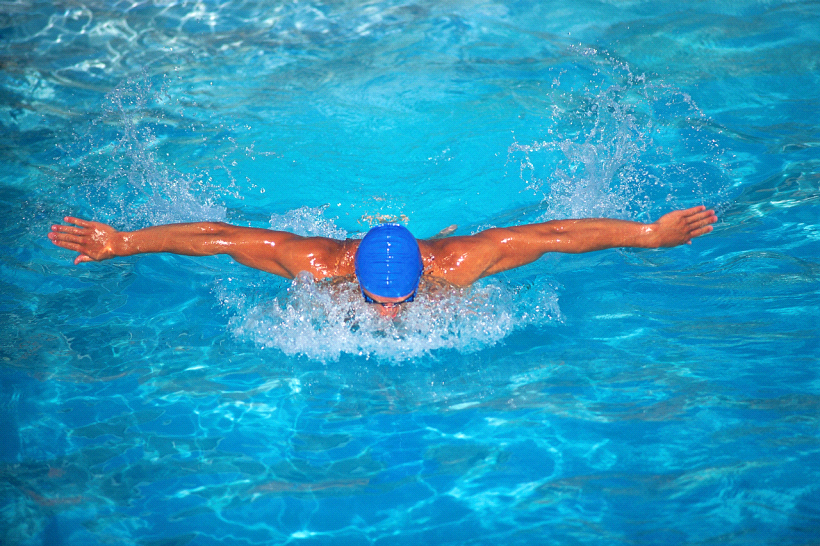In those cold months that you need to relax on the pool, heating the pool is advisable. Heating the pool is the best way to enjoy swimming even in cold months. There are various ways of heating the pool depending on the type of pool that you have in your home.
Heating above ground pools might be a little bit challenging, but it is still possible to heat them. When it comes to heating the pool, you need to make sure that you look for the best way to heat your above ground pool. Heating a large pool might be expensive, so you need to look for clever ways to go about it. Here are some tips on heating your pool effectively:
Solar Heating
One of the ways to effectively heat your pool is using solar energy. Solar energy is the least expensive for heating the pool. Unfortunately, it might not be very effective in cold months.
However, some pool solar heating systems are able to harness even the little sunlight to heat your pool. When it comes to solar heating, make sure that you choose the best heating option. You will save a lot of money and energy in the process.

Using a Pool Cover
Using a pool cover is another effective way of heating the pool. When it comes to using a pool cover, make sure that you look for the pool cover designed to fit your pool.
With a pool cover, you will avoid loss of heat in the process of heating. The idea is always to make sure that you limit the loss of heat and accumulate as much heat as possible in the heating process.
Maintain Your Pool
Doing regular pool maintenance will make sure that you heat your pool effectively. You do not have to wait until your pool is damaged so that you can start heating your pool.
When you maintain your pool, you will avoid the loss of heat whenever you heat your pool. If your pool has cracks or leakages, then the heating process will not be effective. Your pool needs to be in good condition so that you can heat the water effectively.

Know the Best Time to Heat
You need to make sure that you know the best time to heat your water. For energy savings, heat the water when there is the least evaporation. Loss of heat through evaporation will only cause more heat loss during the heating process.


